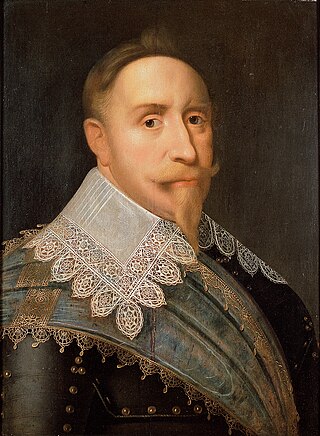| Pronunciation | German: [ˈteːodoːɐ̯] |
|---|---|
| Gender | Male |
| Origin | |
| Word/name | Greek |
| Other names | |
| Related names | Theodore, Teodor |
Theodor is a masculine given name. It is a German form of Theodore. It is also a variant of Teodor.
March 27 is the 86th day of the year in the Gregorian calendar; 279 days remain until the end of the year.
1918 (MCMXVIII) was a common year starting on Tuesday of the Gregorian calendar and a common year starting on Monday of the Julian calendar, the 1918th year of the Common Era (CE) and Anno Domini (AD) designations, the 918th year of the 2nd millennium, the 18th year of the 20th century, and the 9th year of the 1910s decade. As of the start of 1918, the Gregorian calendar was 13 days ahead of the Julian calendar, which remained in localized use until 1923.

1884 (MDCCCLXXXIV) was a leap year starting on Tuesday of the Gregorian calendar and a leap year starting on Sunday of the Julian calendar, the 1884th year of the Common Era (CE) and Anno Domini (AD) designations, the 884th year of the 2nd millennium, the 84th year of the 19th century, and the 5th year of the 1880s decade. As of the start of 1884, the Gregorian calendar was 12 days ahead of the Julian calendar, which remained in localized use until 1923.
Fischer is a German occupational surname, meaning fisherman. The name Fischer is the fourth most common German surname. The English version is Fisher.

Adolf is a given name with German origins.
The German word Müller means "miller". It is the most common family surname in Germany, Switzerland, and the French départements of Bas-Rhin and Moselle and is the fifth most common surname in Austria. Other forms are Miller and Möller. Of the various family coats of arms that exist, many incorporate milling iconography, such as windmills or watermill wheels.
Hoffmann is a German surname.
Henri is the French form of the masculine given name Henry, also in Estonian, Finnish, German and Luxembourgish.
Ernst is both a surname and a given name, the German, Dutch, and Scandinavian form of Ernest. Notable people with the name include:

Gustav, also spelled Gustaf, is a male given name of likely Old Swedish origin, used mainly in Scandinavian countries, German-speaking countries, and the Low Countries, possibly meaning "staff of the Geats or Goths or gods", possibly derived from the Old Norse elements Gautr ("Geats"), Gutar/Gotar ("Goths") or goð ōs ("gods"), and stafr ("staff"). Another etymology speculates that the name may be of Medieval Slavic origin, from the name Gostislav, a compound word for "glorious guest", from the Medieval Slavic words gosti ("guest") and slava ("glory") and was adopted by migrating groups north and west into Germany and Scandinavia. This name has been borne by eight Kings of Sweden, including the 16th-century Gustav Vasa and the current king, Carl XVI Gustaf. It is a common name for Swedish monarchs since the reign of Gustav Vasa. The name has entered other languages as well. In French it is Gustave; in Italian, Portuguese, and Spanish it is Gustavo. The Latinized form is Gustavus. A side-form of the name in Swedish is Gösta. The name in Finnish is Kustaa, while in Icelandic it is written Gústav or Gústaf.
Werner is a name of German origin. Werner, meaning “the defender” or “the defending warrior”, is common both as a given name and a surname. There are alternate spellings, such as the Scandinavian Verner.
Hans is a Germanic male given name in Afrikaans, Danish, Dutch, Estonian, Faroese, German, Norwegian, Icelandic and Swedish-speaking populations. It was originally short for Johannes (John), but is now also recognized as a name in its own right for official purposes. The earliest documented usage was in 1356 in Sweden, 1360 in Norway, and the 14th century in Denmark.
Egon is a variant of the male given name Egino. It is most commonly found in Central and Northern Europe. Egon may refer to:
Koch is a German surname that means "cook" or "chef".
Teodor is a masculine given name. In English, it is a cognate of Theodore. Notable people with the name include:
The name Emil, Emile, or Émile is a male given name meaning rival, deriving from the Latin Aemilius of the gens Aemilia. The female given name is Emily.
Richter is a surname of German origin.
Arno is both a surname and a Germanic given name. Notable people with the name include:
Gerhard is a name of Germanic origin and may refer to:
Hanns is a given name. Notable people with the name include: